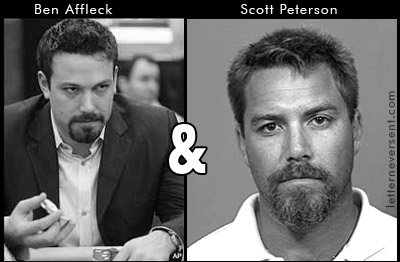Louis Malle’s film “Damage” is a dark and magnetic meditation on love and obsession. How desire leaves us powerless. How love can destroy. The following video is the final scene.
“It takes a remarkably short time to withdraw from the world. I travelled until I arrived at a life of my own. What really makes us is beyond grasping. It is way beyond knowing. We give in to love because it gives us some sense of what is unknowable. Nothing else matters. Not at the end.
I saw her once more only. I saw her by accident at an airport changing planes. She didn’t see me. She was with Peter. She was holding a child. She was no different from anyone else.”
When I first saw this film I thought about it for days. I went and got the book it was based on (Damage by Josephine Hart) and read it in one marathon session. Propped up on my bed, unwilling to detach. Like the film, the dialogue is spare and not frivolous. No word is wasted. This focuses the emotional force of each expression. Ideas and feelings are suggested in the spaces between lines and between moments.
In the film, the characters convey a complex melange of feeling with each look they share. By observing the characters on screen we get some sense of the emotional intensity between them. At turns stricken or overcome. Restrained or unbound. And in our turn it resonates with the force of our own bodily memory. As people who have felt something powerful and intoxicating.
Love is not a trifling thing. It creates and destroys. In the words of Kierkegaard, “Love is all, it gives all, and it takes all.” Very few films seem equipped to show us the dual aspects of love. To love means ceding control of your life to something other than yourself.
The last few lines of the final scene are ambiguous. And this ambiguity is what leaves you thinking.
“I saw her once more only. I saw her by accident at an airport changing planes. She didn’t see me. She was with Peter. She was holding a child. She was no different from anyone else.”
She was no different than anyone else. That is a compelling statement. There are multiple interpretations for what he means. While under its spell does the object of love take on significance that is unrelated to reality? Do we somehow transform our own reality through desire so that individuals become intensely meaningful to us in a way that is beyond reason? What separates the man or woman we desire from any other in the world? Perhaps only the focus of our desire. Once desire has withered or become focused elsewhere we see them as what they were the whole time: another person. But, desire transforms a mere person into an object of religious devotion.
Another way to interpret that line is as a realization of the momentary nature of desire. Romantic love breaks out like a wildfire and enraptures each person. But, if the passion between two people is destroyed, no trace remains other than the memory of feeling. What do we find when we discover that things we once felt are no longer true? How do we reconcile the intensity of the dead past with the deadness of the living present?




